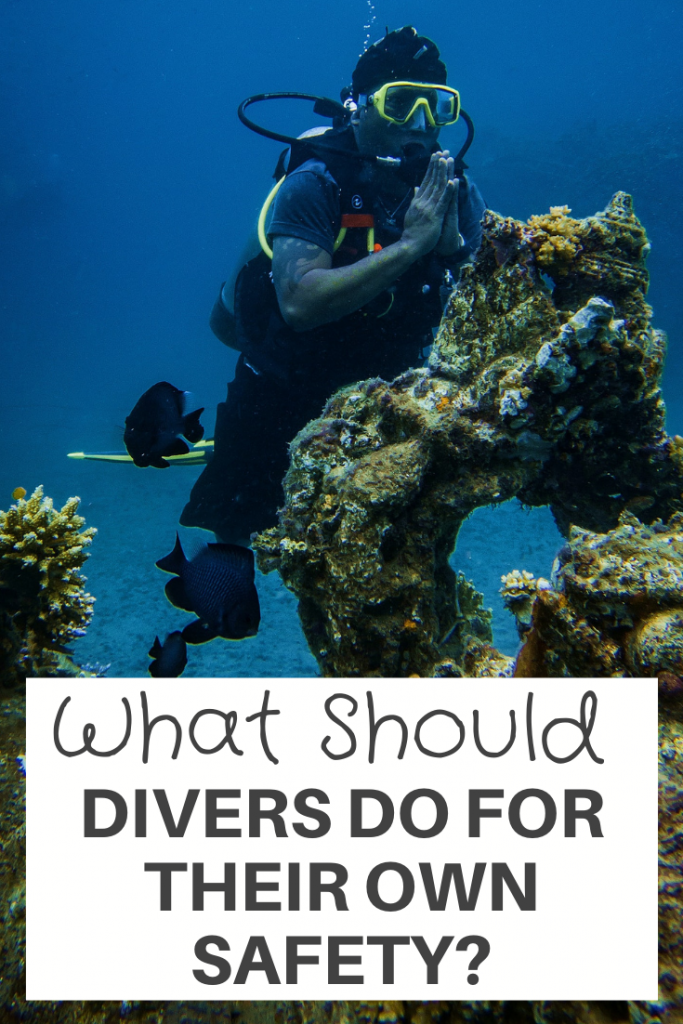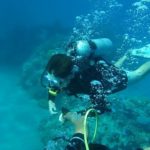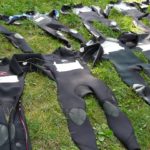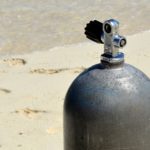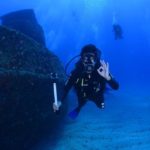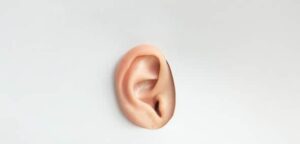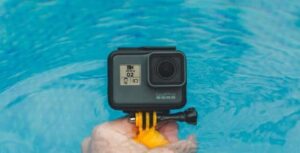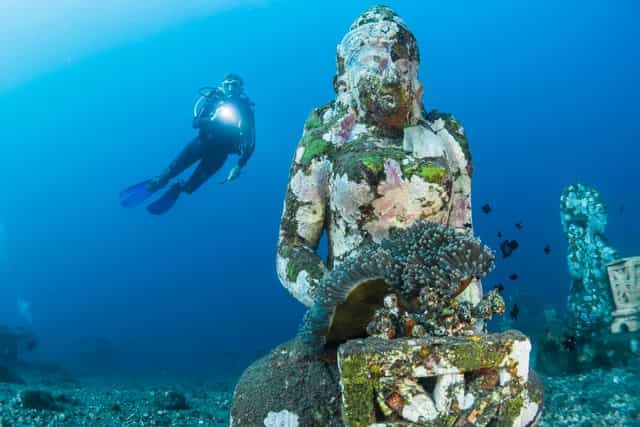
We all know that scuba diving can be a thrilling and amazing experience but it is no secret that scuba diving can be dangerous. The diving certs cover a lot of the safety in diving, but a lot of it is common sense. There is a lot a diver can do for their own safety, so what should divers do for their own safety?
Divers should use common sense when diving as well as doing the pre-dive safety checks, doing the safety stops, avoiding alcohol, and more. A lot of the risks when diving can be reduced by doing the basic things properly and being aware of the risks.
In today’s post, we will go through in more detail what should divers do for their own safety so let’s get started!
Read more on common questions asked by divers
What Are The Risks Of Scuba Diving?
Scuba diving comes with risks such as decompression sickness, arterial air embolism, and more. Diving is generally safe as long as you follow a simple set of rules just like driving a car
There are 4 main risks to scuba diving when comes to divers health. Those are as follows.
- Decompression Sickness.
- Nitrogen Narcosis.
- Arterial Air Embolism.
- Encounter With Marine Life.
Decompression Sickness
Decompression sickness (DCS) is also known as the “the bends,” which is caused by a rapid decrease in the pressure that surrounds you, of either air or water causing the body’s tissues to absorb more nitrogen.
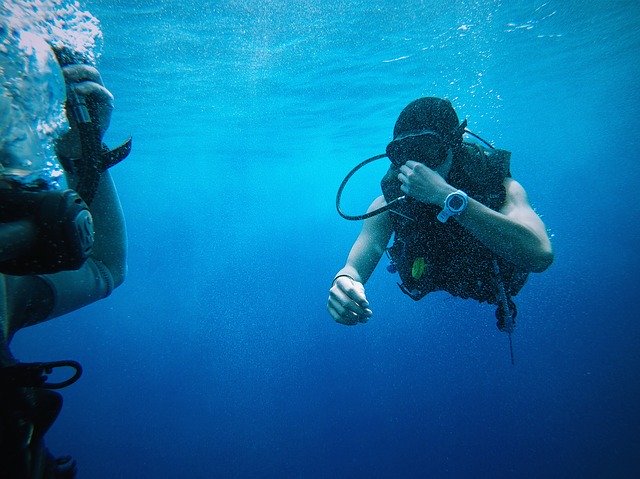
When scuba diving, you use compressed air in your tank. That air is made up of extra oxygen and nitrogen. Your body uses oxygen, whereas nitrogen is dissolved into your blood.
If you ascend too quickly the nitrogen does not have time to clear from your blood. This extra nitrogen can potentially form harmful bubbles.
Divers should return to the surface slowly following the speed of their air bubbles. This controls the rate at which this absorbed nitrogen is released.
Nitrogen Narcosis
Nitrogen narcosis is a temporary condition, where a diver can appear drunk or hallucinations that occurs while diving at depth. Deep-sea divers use tanks usually contain a mix of oxygen, nitrogen.
When divers, dive deeper than about 100 feet, the pressure increases and as a result can alter these gasses. And as the divers use the air from their tank, the altered gasses can produce symptoms that often make a person appear or act drunk.
Arterial Air Embolism
Arterial air embolism is a blood vessel blockage in the artery which is caused by one or more bubbles of air. In the case of divers, this can be caused when bubbles form in an artery when ascending and block the blood flow.
Encounter With Marine Life
When diving in the sea, divers should remember that they are surrounded by wild animals. Most sea life is not aggressive but some are territorial and attacks are rare but do happen.
Some divers try and take a photo with these animals for Instagram, putting themself in danger as well as their dive buddies.
Look but don’t touch should be the policy. Touching the wildlife is dangerous and can damage the corals. Don’t grab the reef, or chase and grab animals.
What Should Divers Do For Their Own Safety?
The main thing divers can do for their own safety is to use common sense. This includes doing the basics like doing the pre-dive safety checks and avoiding alcohol before the dive.
There is more a dove can do. So let’s find out what should divers do for their own safety before, during, and after a dive.

Avoid Alcohol The Night Before The Dive
Drinking alcohol or too much alcohol before going diving will affect your performance diving in terms of been absentminded as well as increase your nervousness and anxiety. This also applies to drug use.
You should also remember most dives start in the morning. Going to the dive shop under the influence of alcohol or hungover is not a good idea. This will put you at risk and your dive buddies at risk.
Stay Physically Fit
In reality, diving can be physically demanding as you may have to work against strong currents, carrying the gear and exposure to extreme weather all combine to make diving a strenuous activity.
Staying in a good stay, not only helps with your stamina but improves your air consumption. Whereas if you are unfit this can make things more challenging, ultimately you will use up your are a lot faster which can cause people to panic.
Research The Dive Shop
Always do research on the dive shop in the area you are planning on diving. This will give you a good idea of the quality of the service they provide. And will flag up if there were any issues experienced by previous customers.
Research The Dive Sites
It’s also worth researching the dive sites in the area. It will give you an idea of the conditions in the local area, to fully prepare you for the diving conditions.
Check the weather; gather information regarding currents, surface conditions, and even fauna of the dive site.
Never Hold Your Breath
This is the first thing divers are told not to do. This is the most important rule of scuba diving. The reason is that the air in the diver’s lungs expands during ascent and contracts during descent.
There is no problem if the diver breathes continuously and slowly because the air is expelled. On the other hand, if a diver holds their breath, the air can no longer get out and it expands.
And eventually, the alveoli that make up the lung walls could rupture, causing serious damage to the organ.
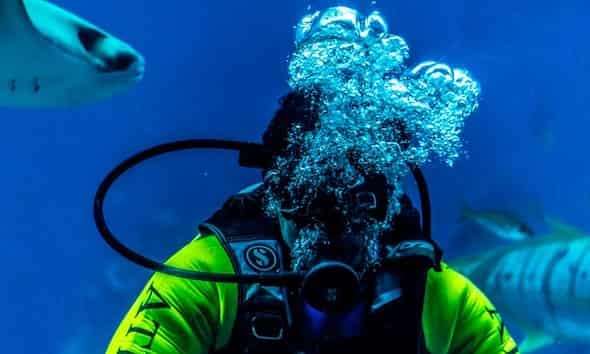
Breathe Slowly
Another important skill in scuba diving is breathing. When underwater, you should not breathe as you would normally.
You need to breathe slowly and regularly, you will hear breathing, and from using the regulator. Just take things slowly and breathe in and out at a calm pace.
Know Your Limits
There is no other way of getting yourself in trouble while scuba diving is not knowing your limits. As you improve and confidence as a dive grows, you need to recognize your limits when scuba diving.
An example of standing with your limits means things such as diving than you should, diving on your own, go wreck or cave diving without training, using new dive equipment.
Making Safe Ascents
The main problem with ascending too fast can lead to death in a worst-case scenario. That’s it is one of the most important things that divers are taught.
The problem with ascending too fast is that the air you are breathing from the scuba tank is about 78% nitrogen. So the gases that are absorbed into your bloodstream from your lungs don’t get enough time to get the gases out of your bloodstream.
As a result, you would be at risk of getting an air embolism, or decompression sickness. As well as ascending too fast you might get hit by boats.
You should always ascend slowly and always perform the safety stop where you wait 3 minutes at 5 meters.
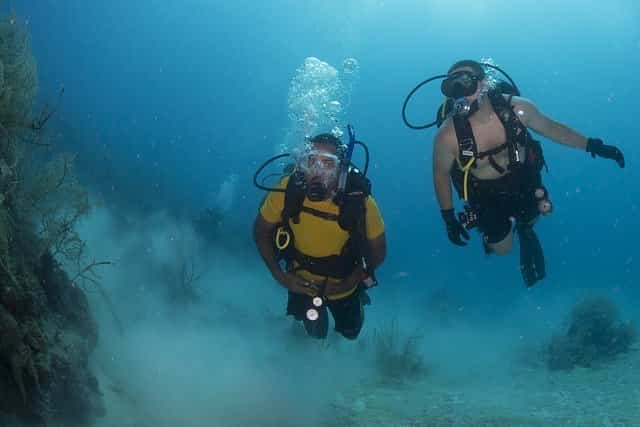
Know Your Scuba Diving Equipment
This is just common sense, especially if you have not been out scuba diving for a while you should refresh yourself by watching YouTube and consider doing the refresher course.
Once you go over the gear again it will all come back to you fairly quickly.
Know The Your Diving Environment
As well as knowing your diving equipment it is important to get to know your diving environment. This can include the following.
- You need to know your own limits, never scuba dive in conditions that are beyond your qualifications and training.
- It is important that you learn about the diving conditions of your dive sites. This includes tidal conditions, currents, and surface conditions as these can vary from dive site to dive site.
- You need to constantly be aware of your environment around you and where your dive buddy is.
Make Thorough Pre-Dive Checks
The pre-dive checks are to make sure all your scuba diving equipment is working. This is very important especially from a safety point of view as this will flag that everything is working as should.
It is not good to discover that something is wrong with your equipment when out on a dive.

There is a dive safety check acronym BWRAF which can be remembered using a saying such as ‘Blue Whales Really Are Fat‘ or ‘Begin with Review and Friend‘. You can make up your own saying.
BWRAF acronym stands for the steps to checking your buddy’s scuba gear. These are as follows.
B – BCD/Buoyancy: You need to check that everything is connected and working as should properly. This includes the testing of the inflator button and all of the deflate valves.
W – Weight: Check the weights are secure by giving a little tug on the weight belt or pouches to confirm they are secure.
R – Releases: You need to check all the releases to ensure they are secure. This includes checking the tank strap, BC shoulder straps, chest straps, a weight belt, and so on. You also need to check that there is nothing in the way that might prevent a diver from getting out of their gear in an emergency.
A – Air: You need to test the air supply by breathing from the regulator. This includes checking the cylinder valve is open and taking multiple breaths while looking at an SPG or air-integrated computer. You also check the alternate air supply.
F – Final Check: As part of the final check, gather up all your gear (mask, snorkel, fins, dive light, camera, audible and visual signaling device, etc.) secure loose hoses and other objects that may dangle and damage the reef. Do a head-to-toe check to ensure both divers are ready to go.
Use The Buddy System
The buddy system is an important way to still be safe when scuba diving. The biggest advantage of the buddy system is if there is an emergency such as if there are problems with your air supply, you can access your dive buddy’s alternate air source.
If your divemaster pairs you with a stranger before a dive, it is advisable to get to know them. Inquire about their experience and if they have concerns.
Use The Rule Of Thirds
The rule of thirds relates to managing your air supply. It is used by scuba divers to make sure that there is enough breathing gas remaining to be able to complete the dive safely.
The basics of the rule are that a diver should divide the air in the tank in thirds. A third for the decent journey, a third for the return journey, and a final third as a safety reserve.
The safety reserve is particularly important as it ensures that you have enough air for a slow ascent and a safety stop. When planning a dive you need to count for conditions like strong currents or cold temperatures, as your air consumption will increase.
Wrapping Up
Finally, the main thing that divers can do for their safety is to use common sense and use what was learned during the diving certification. This includes doing the pre-dive safety checks, doing the safety stops, avoiding alcohol, and more. This will reduce the risks A lot of the risks with scuba diving.
And that’s it for now! I’d love to know if this guide on what should divers do for their own safety has helped you. Let me know if you have any questions and let me know if there is more to add.
Did you enjoy this post? Then don’t forget to pin it!
